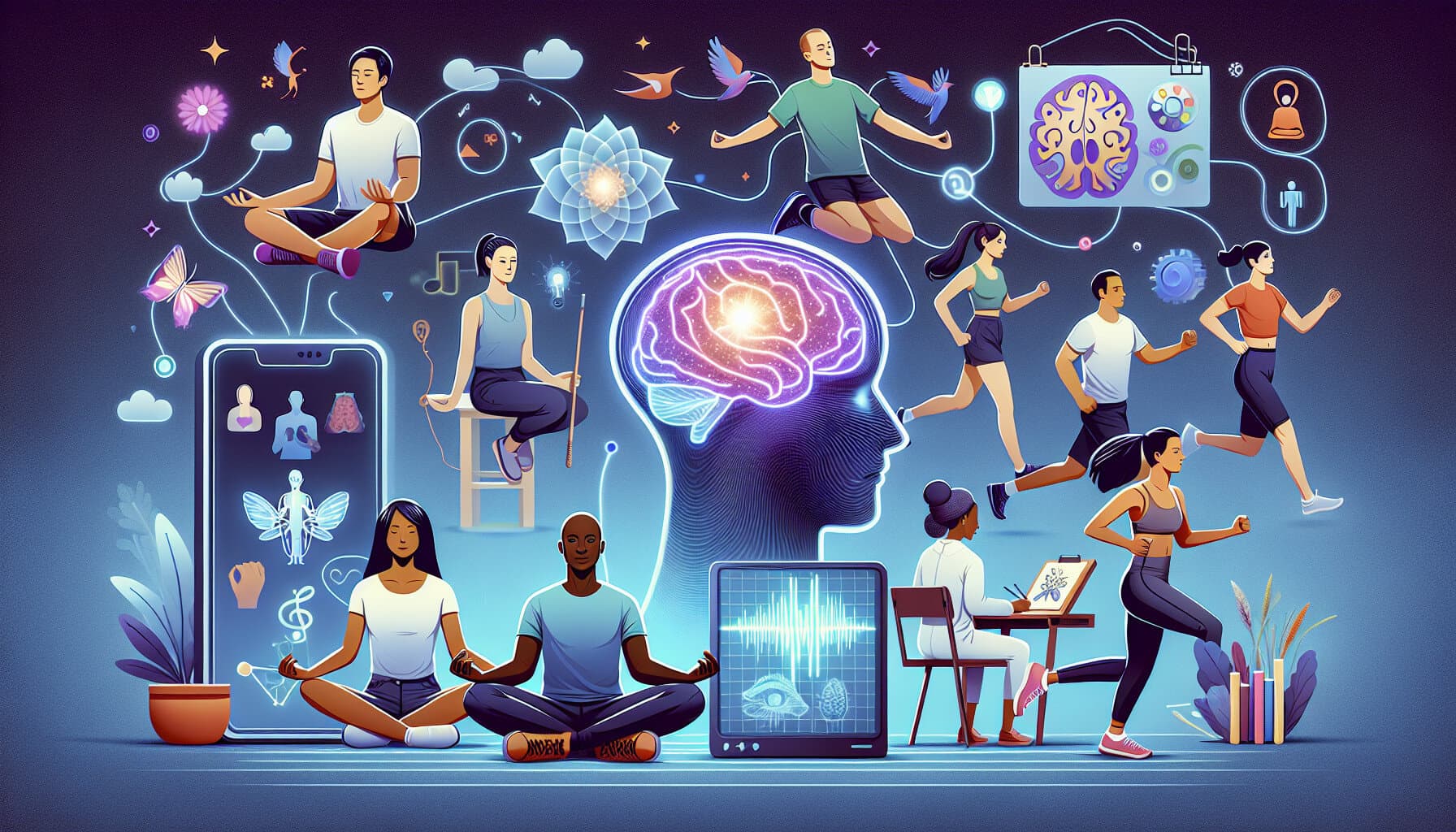The field of mental health is constantly evolving, with new strategies and treatments emerging all the time. This article explores some of the most recent developments in this vital area of healthcare.
1. Teletherapy: With advancements in technology, teletherapy has become more popular than ever. It allows individuals to receive therapy from the comfort of their own homes, making it more accessible for those who may have difficulty traveling or leaving their homes due to various reasons like physical disability or social anxiety.
2. Mindfulness and Meditation: Though not necessarily new concepts, mindfulness and meditation have seen a surge in popularity as methods for managing mental health. These practices focus on being present and fully engaged with our experiences in a non-judgmental way, which can help reduce stress and improve overall mental well-being.
3. Virtual Reality Therapy: Virtual reality (VR) is an emerging tool in the treatment of various mental health disorders, including phobias and post-traumatic stress disorder (PTSD). VR can create immersive environments that help patients confront and manage their fears in a controlled setting.
4. Ketamine Treatment: Once known primarily as an anesthetic (and a party drug), ketamine is now being used to treat severe depression that hasn’t responded to other treatments. While it’s not entirely understood why it works, studies have shown that ketamine can provide relief from symptoms within hours rather than weeks.
5. Digital Apps for Mental Health: There are now numerous apps available designed to support mental health. These range from mood tracking apps, which can help users identify triggers and patterns in their emotional wellbeing, to cognitive behavioral therapy apps that provide strategies for managing conditions like anxiety and depression.
6. Peer Support: More emphasis is being placed on peer support networks as a complement to professional treatment options. This involves people with lived experience of mental health issues providing support to others going through similar experiences.
7. Integrative Mental Health: This approach combines conventional mental health treatments with complementary and alternative therapies. It may include nutritional counseling, exercise programs, acupuncture, and more.
These strategies represent the cutting edge of mental health care, but they are just the beginning. As our understanding of the mind and brain continues to grow, so too will our ability to develop new and effective treatments for mental health disorders.
